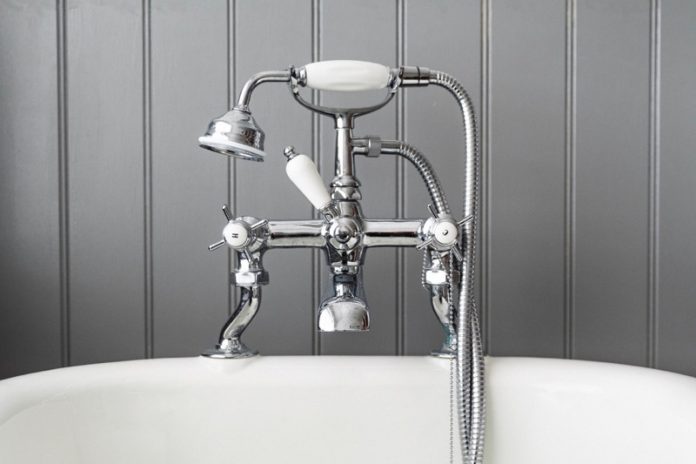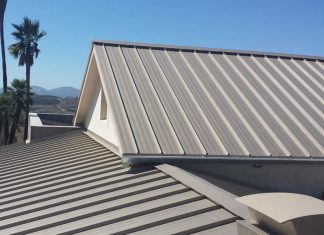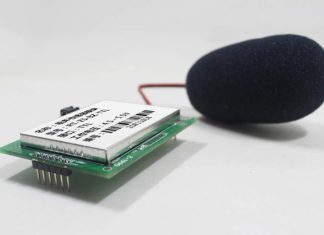Plumbing problems are something that every family deals with at one time or another. While you’d be hard-pressed to find a household that’s never suffered a plumbing mishap, some families encounter plumbing problems on a far more frequent basis than others. More often than not, this is the direct result of families throwing caution to the wind and taking no preventative measures. Fortunately, by understanding the nature of the most common household plumbing issues, you can ensure that you’re well-equipped to avoid them.
Clogged Toilets
Clogged sewer lines are the most common problem with older homes. Previously, clogged sewer lines were snaked using long, steel augers. Today, clogged sewer lines can be easily cleaned with just pressurized water. Think of it as power washing for your sewer pipes. Hydro jetting drain cleaning can even remove small tree roots.
Toilet clogs occur for a variety of reasons. In some instances, people simply flush too much toilet paper at once. Other times, clogs stem from the flushing of things that aren’t meant to be flushed. For starters, if any member of your household tends to use massive amounts of T.P., advise them to flush several times throughout the course of wiping instead of just once at the end. You may also want to consider investing in a bidet attachment. Such attachments are affordable on virtually any budget and generally sell for under $50. Furthermore, installing them requires very little plumbing knowhow.
Alternatively, if people in your home have a habit of flushing things that should stay out of the toilet, giving them a refresher course in flushing is your best course of action. Make it clear that waste and toilet paper are the only things that should be going into the toilet. If anyone in your household is fond of wet wipes, they may believe it’s safe to flush them. In fact, many brands of wet wipes purport that they can be safely flushed. Keep in mind, however, that the packaging for these products usually advises that no more than two wipes get flushed at once. Additionally, the flushing of these wipes is strictly prohibited in many cities and townships. In other words, you can save yourself a tremendous amount of hassle by keeping wet wipes out of your toilets.
Tissues and paper towels – i.e., common toilet paper substitutes – should never be flushed, as they’re much thicker than traditional T.P. Similarly, sanitary napkins, diapers and disposable underwear should stay out of the toilet, as well.
Stopped-Up Bathroom Drains
In some homes, it’s a rare occurrence for bathroom drains not to be clogged. The more people in your household, the more likely your bathroom sink and shower drains are to fall victim to clogging. Considering how much stray hair the average family produces, it should come as no surprise that many households are constantly at the mercy of hopelessly clogged drains.
Fortunately, with a couple of simple preventative measures, you can significantly lessen the regularity with which clogging occurs. You can start by installing hair catchers over the various drains in your bathrooms. Per the name, these handy plumbing aids serve to catch a sizable majority of stray hair before its able to find its way down the drain. Of course, for maximum effectiveness, you’ll need to clean your catchers on a regular basis. Additionally, if any members of your household regularly shave or cut their hair over the sink, task them with covering the sink with a towel beforehand and wiping up any stray hairs afterward.
Hard Water
Due to its high mineral content, hard water can be very hard on your pipes, potentially paving the way for costly repairs. Furthermore, as anyone who regularly bathes in hard water can attest, this type of water is less than ideal for people with sensitive skin. In fact, even if your skin is fairly resilient, a long hard water-based shower is liable to leave it feeling dry and irritated. Hard water can also exacerbate common skin issues like eczema and psoriasis. Anyone currently dealing with hard water should ask a knowledgeable plumber about the difference between water softener and reverse osmosis.
No family relishes being hit with plumbing emergencies. Even seemingly small plumbing issues stand to inconvenience every member of your household and throw their respective daily routines into disarray. However, as frustrating as plumbing mishaps can be, they’re also fairly easy to avoid – provided, of course, you’re armed with the proper knowledge. More often than not, household plumbing emergencies are directly attributable to negligence and human error as opposed to circumstances that are outside of our control. So, if you and your family are ready to bid a long-overdue farewell to frequent plumbing problems, heed the tips discussed above.















